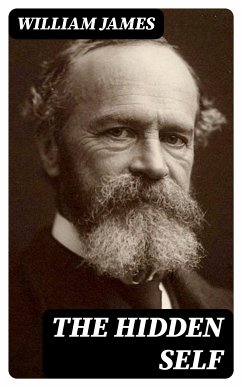
The Hundredth Monkey (eBook, ePUB)

PAYBACK Punkte
0 °P sammeln!
In "The Hundredth Monkey," Jr. Ken Keyes explores the phenomenon of collective consciousness through a unique blend of parable and philosophical inquiry. The narrative draws upon the thrilling anecdote of macaque monkeys learning new behaviors, posing provocative questions about the nature of learning and the interconnectedness of all beings. Keyes' literary style oscillates between anecdotal storytelling and intellectual discourse, wrapping complex ideas in accessible prose, thus inviting readers from various backgrounds to delve into concepts of social change and human evolution. The text re...
In "The Hundredth Monkey," Jr. Ken Keyes explores the phenomenon of collective consciousness through a unique blend of parable and philosophical inquiry. The narrative draws upon the thrilling anecdote of macaque monkeys learning new behaviors, posing provocative questions about the nature of learning and the interconnectedness of all beings. Keyes' literary style oscillates between anecdotal storytelling and intellectual discourse, wrapping complex ideas in accessible prose, thus inviting readers from various backgrounds to delve into concepts of social change and human evolution. The text resonates with the emerging social and environmental movements of the late 20th century, reflecting an era increasingly aware of the power of human thought and collective action. Ken Keyes, a prominent figure in the fields of personal development and holistic living, was deeply influenced by his experiences in the 1960s, including his encounters with Eastern philosophies and emerging psychological theories. His quest to understand the interplay between individual and collective behaviors not only propelled him to write this seminal work but also shaped his lifelong commitment to promoting awareness and conscious living. Keyes' own journey of recovery from illness through his holistic approaches further informed his ideology of transformation and the potential for societal upliftment. This thought-provoking book is highly recommended for readers interested in sociology, collective consciousness, and the transformative power of ideas. Keyes' work serves as a clarion call for individuals seeking to understand their role in the greater tapestry of life, urging readers to consider how a shift in consciousness can resonate beyond the individual and ripple throughout society.
Dieser Download kann aus rechtlichen Gründen nur mit Rechnungsadresse in A, B, BG, CY, CZ, D, DK, EW, E, FIN, F, GR, H, IRL, I, LT, L, LR, M, NL, PL, P, R, S, SLO, SK ausgeliefert werden.













